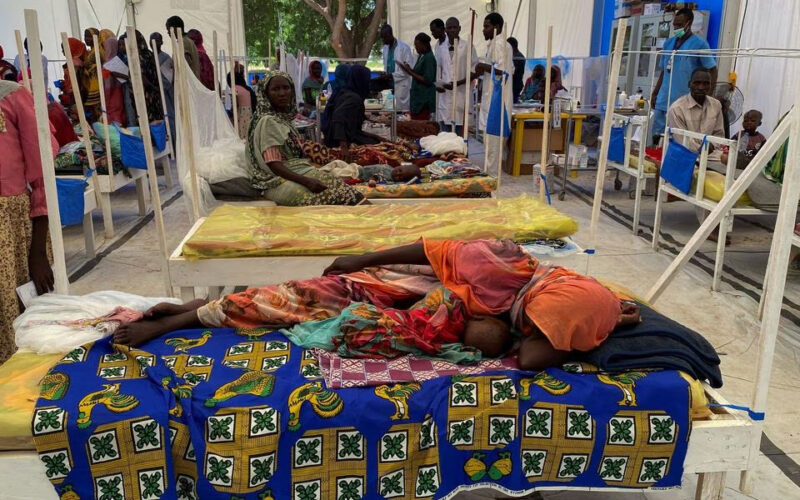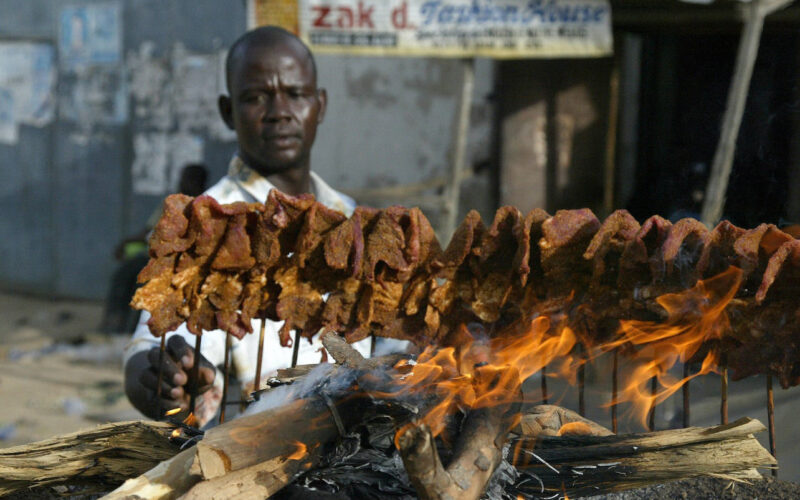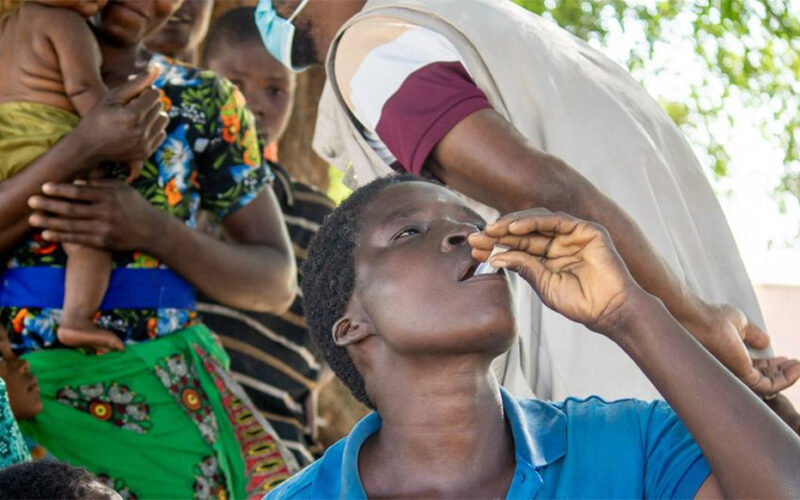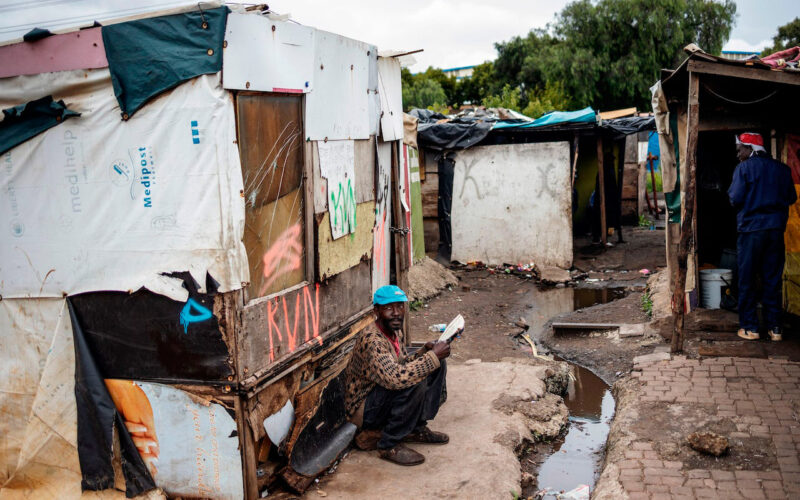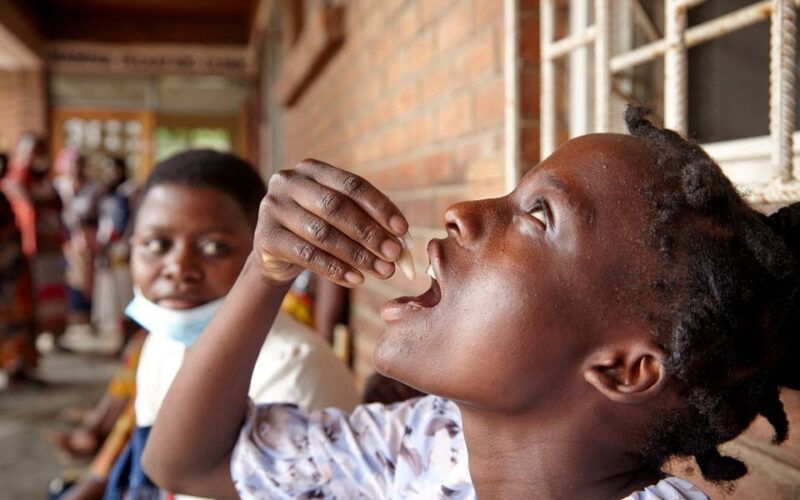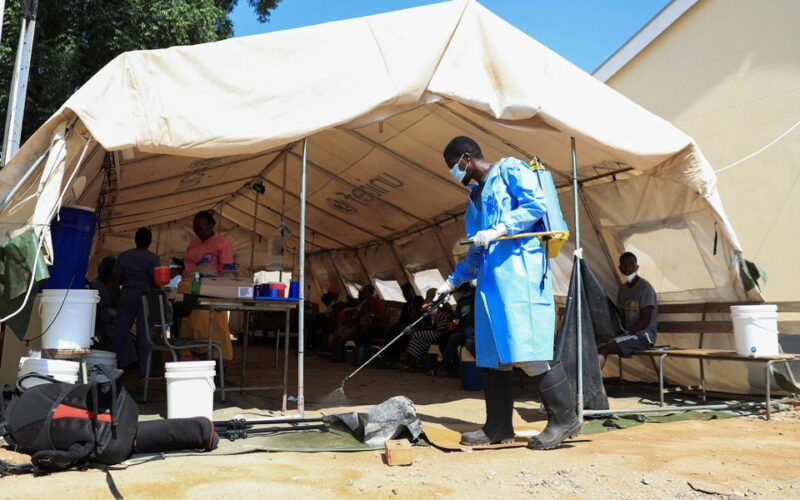
Zimbabwe restricts gatherings, food vending as cholera cases spike
ZIMBABWE'S government has started restricting public gatherings and food vending while monitoring burials in all areas affected by cholera after cases of the disease spiked this week. New cholera cases in the southern African country trebled from 437 to 1,259 this week, the biggest jump since the latest outbreak of the water-borne disease started in February. This has triggered panic in Zimbabwe, where more than 4,000 people died from cholera in 2008. To date, the country has recorded 155 deaths linked to cholera from 8,787 cases, according to the health ministry. The authorities declared a state of emergency in the…

